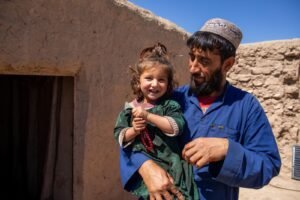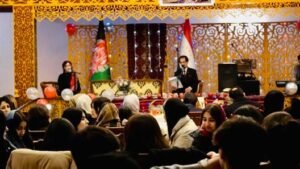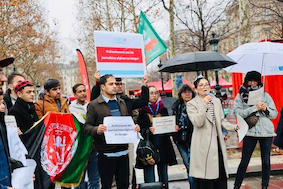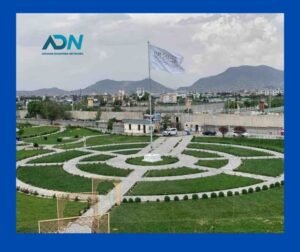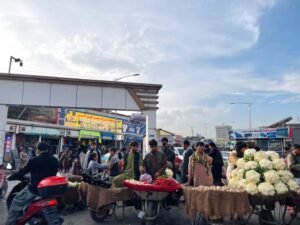A Legacy of Progress: Celebrating King Amanullah on Afghanistan’s 105th Independence Day
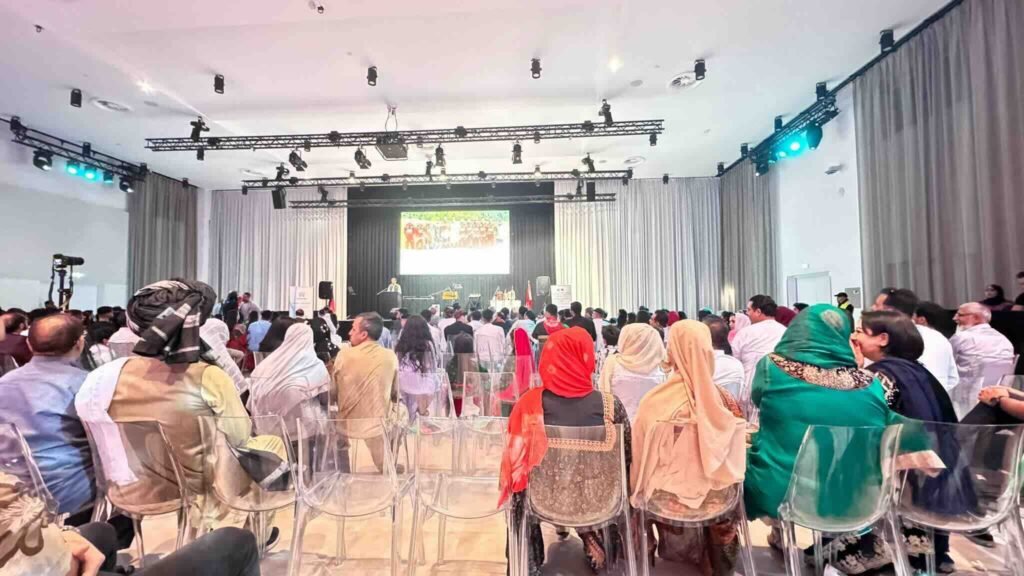
The Afghan diaspora in Vienna celebrated the 105th anniversary of Afghanistan's independence from the British Empire during a large ceremony. Photo by @Ali Ahmad for ADN.
By Ali Ahmad
In the heart of Vienna, Austria, Afghan intellectuals, poets, and activists recently gathered to commemorate the 105th anniversary of Afghanistan’s independence. The event was more than just a reflection on the past; it was a poignant reminder of the nation’s ongoing struggles and a tribute to the enduring legacy of King Amanullah Khan, a figure celebrated for his efforts in modernizing Afghanistan.
Dr. Fazel Rahman, head of the Afghan Wulas Association, set the tone for the evening with a speech dedicated to King Amanullah. He lauded the King’s vision for a progressive Afghanistan, a vision that was ahead of its time but ultimately cut short by religious extremists.
Amanullah’s dream for a modern Afghanistan was thwarted by those who feared change, Rahman said, drawing a somber parallel between the King’s era and the current state of Afghanistan.
He read aloud Amanullah’s final speech and his last poem, both resonating with a deep sense of loss for a nation that, in Rahman’s words, was falling behind international progress. He urged for the inclusion of all segments of society, particularly women, in the nation’s development to prevent further stagnation.
The event took a deeply emotional turn with the participation of Abida Spozhmai, an Afghan journalist and poet. Spozhmai read a poem that captured the collective nostalgia of the Afghan diaspora. Her words were a lament for the women and girls of Afghanistan, whose rights have been severely restricted under the Taliban regime.
Adding a historical perspective to the event, Nasrullah Stanikzai, a former professor at Kabul University, delved into the international treaties and protocols signed by King Amanullah.
He emphasized the importance of critical historical examination and informed decision-making for the progress of Afghanistan. Stanikzai traced Afghanistan’s roots to Ahmad Shah Durrani, highlighting the nation’s early steps towards constitutionalism and international relations.
Another member of Afghan diaspora in Vienna continued the discussion by emphasizing the social and political reforms introduced by King Amanullah. He pointed out that these reforms, implemented 105 years ago, were ahead of their time, surpassing even some European countries in progressiveness.
Stoorai Khan from Pashtun Tahafuz Movement (PTM) Austria brought a contemporary dimension to the event by drawing parallels between Amanullah’s independence movement and the ongoing struggles of the PTM in Pakistan. Khan honored Gilaman Wazir, a PTM activist killed while fighting for Afghan identity and rights and read one of Wazir’s poems.
The event also included a ceremony recognizing Afghan graduates and sportsmen for their achievements. This celebration of academic and athletic accomplishments served as a symbol of hope for Afghanistan’s future.
While the event touched on the challenges Afghanistan faces today, the emphasis remained on celebrating King Amanullah’s legacy. The reflections on his contributions, coupled with brief acknowledgments of contemporary issues, underscored the importance of unity, progress, and the active participation of all Afghans in shaping the nation’s future.
The evening concluded on a cultural note, with traditional Afghan music and a performance of the Attan, the national dance of Afghanistan. This celebration of Afghan culture was a fitting end to an event that sought to honor the past while looking toward a brighter future for Afghanistan.
Note: The contents of the article are of sole responsibility of the author. Afghan Diaspora Network will not be responsible for any inaccurate or incorrect statement in the articles.




